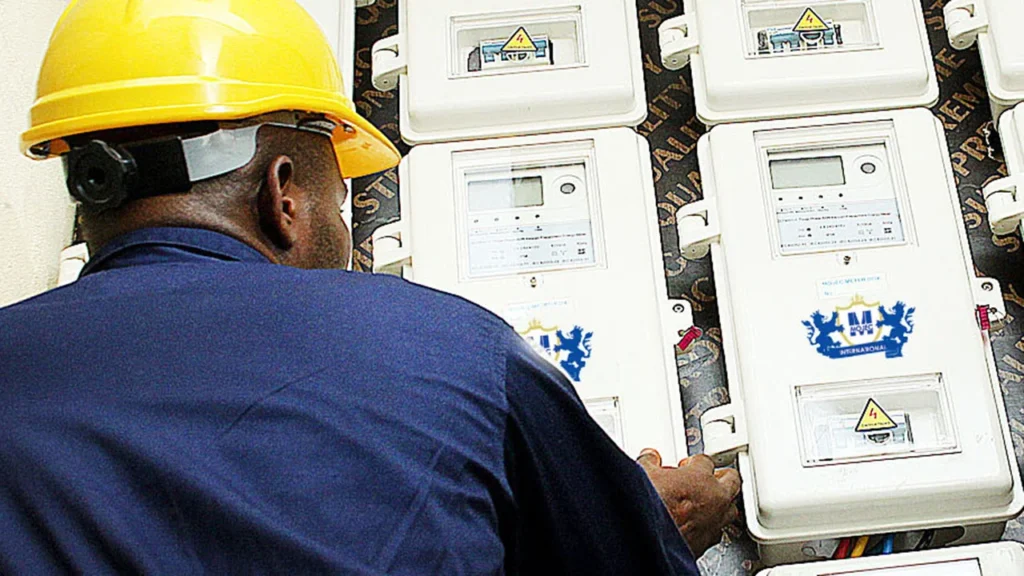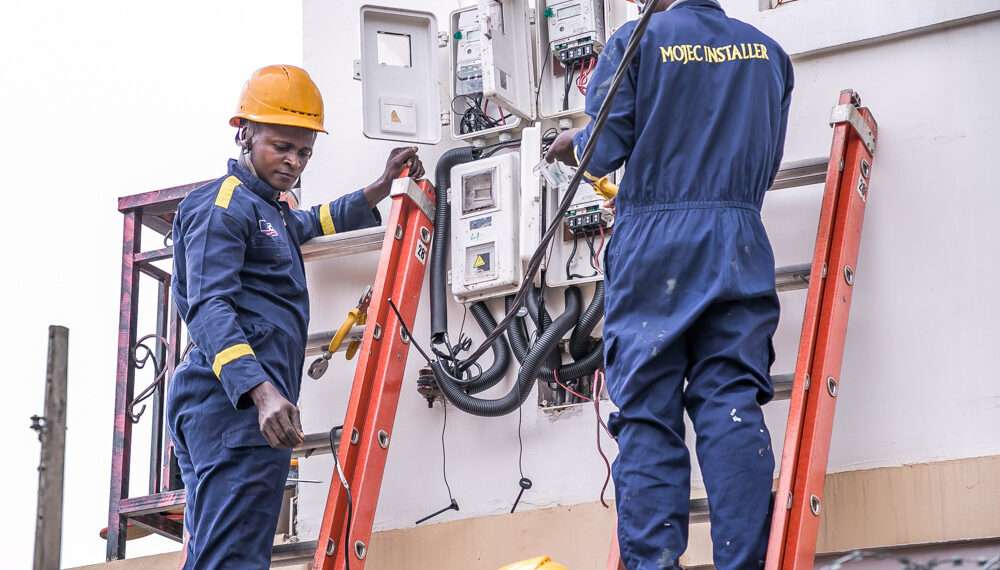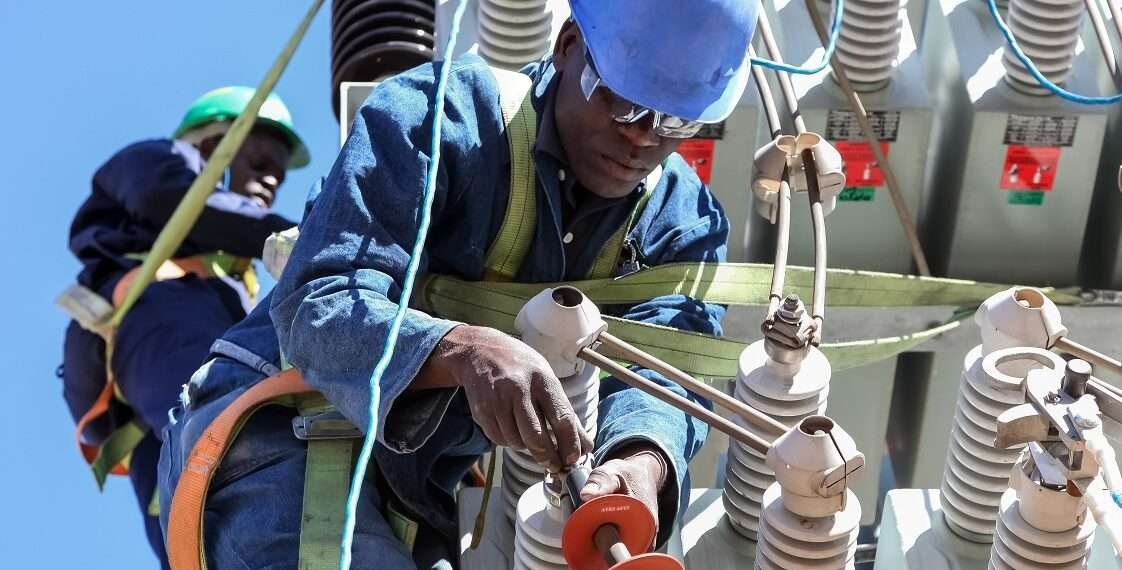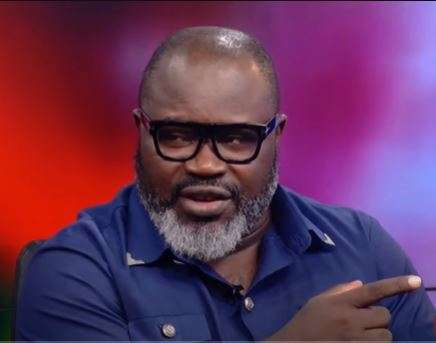The Nigerian Electricity Regulatory Commission (NERC) has revealed a staggering financial challenge faced by power generation companies (GenCos) in the country.
According to Yusuf Ali, NERC’s Commissioner for Planning, Research, and Strategy, these companies have received less than 40 percent of their 2024 invoices.
Ali made this disclosure during the 15th PwC Annual Power and Utilities Roundtable held in Lagos, themed “Reigniting Hope in Nigeria’s Electric Power Sector.” Ali commended the resilience of the GenCos in powering Nigeria despite the severe financial shortfall.
“I am impressed that they’re still powering Nigeria. There’s no month this year where they’ve received up to 40 percent of the invoice issued.”
Yusuf Ali, NERC’s Commissioner for Planning, Research, and Strategy
Remarkably, he noted, the GenCos have continued to deliver 100 percent power output despite the financial challenges, describing their efforts as unparalleled in the Nigerian business landscape.
Industry stakeholders have called for urgent reforms to address the liquidity crisis and systemic inefficiencies in Nigeria’s electricity sector.
NERC has emphasized the need for a more effective contracting framework to ensure revenue assurance and market discipline.
Additionally, stakeholders have advocated for firm contracts in the natural gas supply chain to stabilize power generation.
“The current state of the electricity sector demands immediate intervention,” Ali stated, underscoring the need for collective action by regulators, policymakers, and industry players to safeguard the sector’s sustainability.
Mounting Debt and Funding Shortfall

This revelation follows earlier concerns raised by GenCos about their deteriorating financial health. Sani Bello, Chairman of the GenCos’ Board, disclosed a staggering debt burden of ₦2 trillion, coupled with a projected funding shortfall of ₦1.7 trillion as highlighted in the 2024 Multi-Year Tariff Order (MYTO).
Bello revealed that only about 10 percent of the monthly invoices for electricity supplied to the national grid are being settled, creating a severe liquidity crisis.
“Cash liquidity is the most critical challenge facing the sector,” Bello stated, adding that this situation severely limits the GenCos’ ability to meet their financial obligations, including payments to lenders, maintenance, spare parts procurement, and employee-related costs.
Despite these challenges, Bello noted that the GenCos have adhered to their contractual agreements, ramping up capacity even under systemic constraints.
However, the gap between power supplied and payments received has widened further, with GenCos now relying on external support mechanisms such as the World Bank’s Power Sector Recovery Operation (PSRO).
Unfortunately, the inefficiency of other market participants in meeting their obligations under the Power Sector Recovery Program has stalled these efforts.
The inability to meet payment obligations to GenCos poses significant risks to Nigeria’s entire electricity value chain. With billions of naira in unpaid debts, GenCos struggle to maintain operational efficiency, invest in necessary maintenance, and meet employee-related obligations.
Bello warned that the persistent financial strain could lead to the collapse of the power generation sub-sector, with dire consequences for Nigeria’s already fragile electricity supply.
Despite the July 2022 introduction of Partial Activation of Contracts in the NESI, aimed at improving market discipline and payments, the GenCos continue to face massive shortfalls in invoice payments.
According to Bello, supplementary MYTO orders, inflation, and foreign exchange volatility has compounded the problem, leaving about 90 percent of GenCos’ monthly invoices unmet without a viable financing plan or securitization.
Contracting and Market Discipline Issues

The challenges facing Nigeria’s electricity sector are exacerbated by a flawed contracting framework for bulk energy procurement.
NERC pointed out that the lack of effective contracts has undermined market discipline and revenue assurance for GenCos.
“The current contracting framework for bulk energy procurement in the NESI (Nigerian Electricity Supply Industry) is not working,” the commission stated.
Without firm contracts, the GenCos cannot secure a reliable supply of natural gas, which accounts for 80 percent of Nigeria’s installed generation capacity.
The commission revealed that an estimated 8GW of installed capacity remains stranded, with available generation capacity hovering at 5GW (5000 megawatts).
While the financial challenges are immense, industry leaders have expressed hope for a turnaround in Nigeria’s electricity sector.
The PwC roundtable highlighted opportunities for innovation, investment, and policy reforms to reignite hope in the sector. Stakeholders stressed the need for collaboration and transparency in addressing the root causes of the sector’s financial woes.
READ ALSO: Funding Crisis Looms Over South African Universities





















